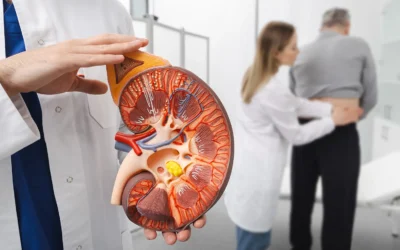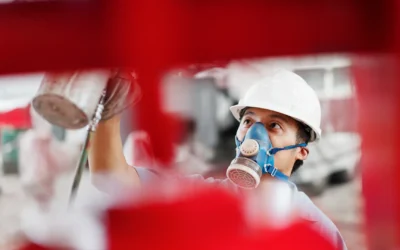DOT vs. Non-DOT Drug Testing: Navigating Critical Workplace Compliance Requirements
Understanding the Regulatory Divide
Workplace drug testing exists in two distinct regulatory universes: DOT-mandated testing (federally enforced) and non-DOT testing (employer-driven). Confusing these frameworks risks severe compliance failures, invalid test results, and costly penalties. This article clarifies key differences every employer must know.
DOT Drug Testing: The Federal Mandate
Governed by 49 CFR Part 40 under the Department of Transportation
Who Must Comply?
Employees in safety-sensitive transportation roles:
- Commercial motor vehicle (CMV) operators (trucking, bus, limo)
- Railroad engineers and conductors
- Pipeline emergency response personnel
- Aircraft mechanics and flight crew
- Ferryboat operators and maritime crew
Non-Negotiable Requirements
- Strict 5-Panel Testing:
- Mandatory screening for: Marijuana, Cocaine, Amphetamines, Opiates, Phencyclidine (PCP)
- No substitutions or omissions permitted
- SAMHSA-Certified Labs Only:
- Specimens must be processed by Substance Abuse and Mental Health Services Administration (SAMHSA) certified labs
- Non-certified labs = automatic test invalidation
- Chain of Custody Protocol (CCOLPA):
- Federal Form DOT Urine Custody and Control Form (CCF) required
- Tamper-evident seals, witnessed collections for observed tests
- Testing Triggers:
- Pre-employment, post-accident, reasonable suspicion, random, return-to-duty, follow-up
- Consequences of Failure:
- Immediate removal from safety-sensitive duties
- Mandatory SAP (Substance Abuse Professional) evaluation before return
- OSHA fines up to $145,027 per violation (2025)
Non-DOT Drug Testing: Employer Flexibility with Legal Risks
Governed by State Laws and Company Policy
Key Characteristics
- Customizable Panels:
- Can expand beyond 5 panels (e.g., add alcohol, prescription drugs, synthetic opioids)
- May use hair, saliva, or urine specimens (DOT only permits urine)
- No Federal Lab Mandate:
- Employers may use non-SAMHSA labs (but must verify lab accreditation)
- Critical risk: Some states (e.g., California) require SAMHSA-equivalent labs
- Variable Collection Protocols:
- No federal CCF requirement – but employers must follow state-specific forms
- Direct observation restrictions vary by state (banned in 15 states)
- Policy-Driven Testing:
- Employers define triggers (e.g., post-accident thresholds, random selection rates)
- Major pitfall: Inconsistent application invites discrimination lawsuits
- Legal Minefields:
- Marijuana: Legal in 24 states but remains federally illegal – creates conflict in drug-free workplace policies
- Privacy laws: 18 states restrict pre-employment testing for lawful off-duty conduct
Strategic Compliance Recommendations
- DOT Employers:
- Audit collector certifications annually (DOT requires renewal every 5 years)
- Train supervisors on reasonable suspicion indicators (DOT mandates 62-minute training)
- Non-DOT Employers:
- Adopt a written policy compliant with all states where employees work
- Use split specimens with employee-accessible retesting options to reduce litigation risk
- Both:
- Document every step of the testing process – courts consistently side with employers who maintain chain-of-custody logs
Conclusion: The Cost of Ignorance
With OSHA increasing workplace drug testing inspections by 40% in 2025, understanding these frameworks isn’t optional. DOT testing demands rigid adherence to federal scripts, while non-DOT testing requires navigating a patchwork of state laws where a single misstep can trigger six-figure penalties. Employers who treat all drug testing as “the same process” gamble with operational continuity and employee safety.
Workplace Compliance Solution
East Coast DOT Physicals performs OSHA-compliant DOT and non-DOT drug testing in Rhode Island. DOT-qualified collections with certified collectors and SAMHSA labs
Avoid costly violations with testing performed by professionals who know the regulatory landscape inside out. We handle all documentation, MRO coordination, and state-specific compliance – so you don’t have to.
Visit us at 390 Broadway, Providence, RI 02903
Call 401.519.5368 for same-week scheduling



0 Comments